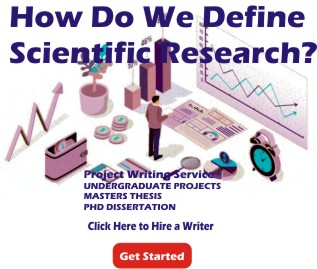There is a series of extremely significant social and political considerations concerning who is participating and who is in charge at each level that lies behind the list of problem-solving activities or research tasks.
· Who, exactly, is responsible for discovering issues?
· Who makes the determinations on root causes?
· Who comes up with possible answers?
· What authority has the final say?
· Who is keeping tabs on progress and results?
A key point made by these inquiries is that decision-makers are of paramount importance. It may sound apparent, but it’s crucial to remember that everyone is unique and thus has their own goals, knowledge, worldview, resources, and power. Therefore, research for policy is not a purely objective endeavor.
Hire a Project Writer at https://mzwriters.com/sample-page/hire-professional-writer/
Both the choice of study subjects and the methods used to investigate those issues are influenced by the most up-to-date observations, knowledge, and policy concerns. Can you explain how the close ties between policy and research might reduce the usefulness of the former for shaping public policy? In what ways may the link between research and policy hinder academics?
Policy shifts might be stifled or sparked by research. Therefore, if present policy determines the agenda for research, studies that agree with the program’s general aims and assumptions and make use of readily accessible data may not pose fundamentally challenging concerns. As a result, it might encourage better design and execution of an ineffective or unsuitable policy without criticizing the policy or seeking alternatives. Researchers need to be aware of this potential threat.
There are times when we have to stop accepting things at face value and start thinking beyond the conventional paradigm. Our research problems and the questions we ask can be heavily influenced by a number of factors, including (but not limited to) political currents and pressures, the demands of clients willing to fund research, “fashions” in development thinking, an emphasis on technology or modernization, our own experience, and the availability of data and information. All scientists need to be on the lookout for this threat.
